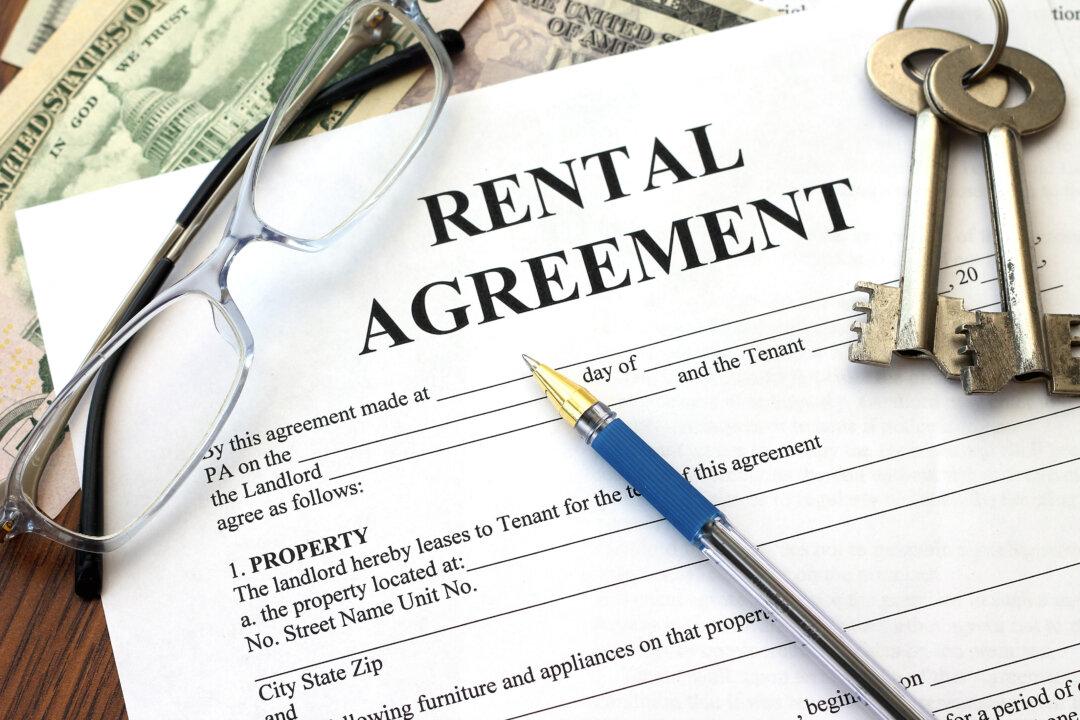Renter households are increasing. In the second quarter of 2024, year over year, the share of American renters grew by 1.9 percent, with renters making up 34.4 percent of households knowing about rental or lease agreements is imperative.
With all these renters, it’s important to have rental agreements that protect both the property owner and the renter. Knowing what to expect from a rental agreement or lease can save a lot of problems when you go to move or have a disagreement.






